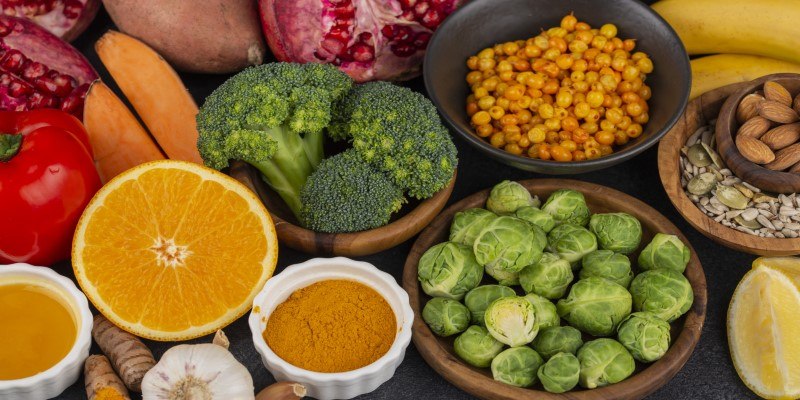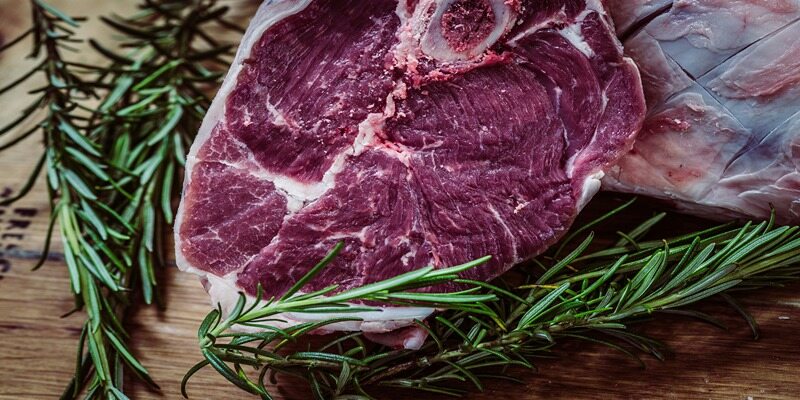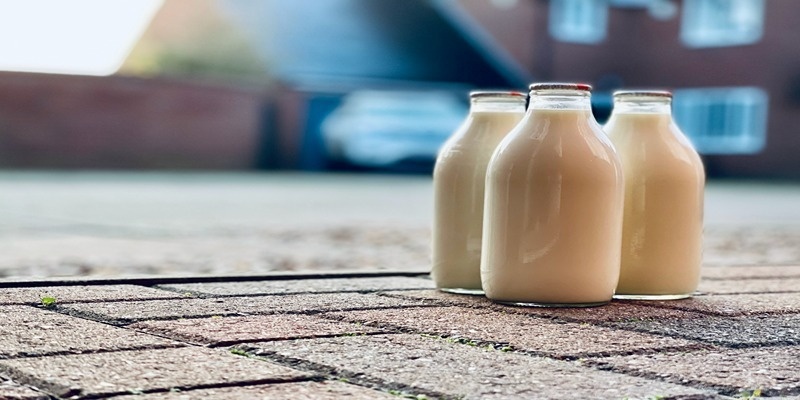Gelatin, a versatile protein derived primarily from animal collagen, is a staple in both culinary and health realms. It's obtained by boiling skin, tendons, ligaments, and/or bones with water, a process that extracts collagen, turning it into gelatin upon cooling. This translucent, flavorless substance is famed for its gelling capabilities, making it a key ingredient in jellies, desserts, and various other dishes. Beyond its culinary uses, gelatin is lauded for its health benefits, including joint support and skin health. Its unique amino acid profile, containing glycine and proline, contributes to its nutritional value, marking it as an important component in a balanced diet.

Top Gelatin Sources: A Comprehensive Guide
Animal-Based Gelatin Sources
Animals provide the majority of gelatin, and each kind of animal has its own set of advantages and characteristics. Beef gelatin, made from cow bones and skins, is the most popular since it is abundant and strong. The mild flavor and high gel strength of pork gelatin, which is made from pig skin and bones, make it a popular choice for many culinary uses. People with dietary restrictions who are looking for a substitute for pork or beef might choose fish gelatin, which is made from fish scales and skins and has a lower melting point. In recent years, poultry gelatinmade from chicken skin and boneshas been more popular due to its delicate flavor and health advantages, despite its rarity.
From traditional sweets like marshmallows and jellies to more complex dishes like mousses and aspics, these animal-based gelatin sources are essential. The nutritional advantages of these gelatins, such as their high protein content and essential amino acids for skin and joint health, make them very desirable beyond only their gelling powers. There are many different types of gelatin, and selecting one is usually a matter of personal preference based on things like flavor character, nutritional needs, and the dish's intended usage.
Plant-Based Alternatives for Gelatin
There are a number of plant-based alternatives to regular gelatin that are suitable for vegetarians and vegans. The seaweed-based alternative agar-agar is among the most used alternatives. Boiling is necessary for dissolving, and it sets more solidly than gelatin. Agar-agar's neutral taste makes it a versatile ingredient that works well in both sweet and savory recipes; it's also great for making transparent jellies.
The food sector frequently makes use of carrageenan, another seaweed extract. It may be used to make soft gels and stabilize dairy goods and sweets, and its gelling strength varies. Making jams and jellies is the main usage of pectin, which is derived from fruits like apples and citrus peels. Due to its need for sugar and acid for setting, pectin is less adaptable than gelatin but is indispensable when it comes to preserves.
The low calorie and high fiber content of konjac gel, which is produced from the plant's root, are contributing to its rising popularity. Gelatinous foods and vegan seafood alternatives use it. Beyond the culinary potential of regular gelatin, these plant-based alternatives provide distinct textures, health advantages including dietary fiber and mineral content, and accommodate dietary restrictions.
Health Benefits of Gelatin: A Detailed Exploration
Nutritional Value of Gelatin
The unusual amino acid balance of gelatin makes it a protein-rich, low-calorie material. Essential for tissue formation and repair, it contains significant concentrations of glycine, proline, and hydroxyproline. Muscle maintenance and development are supported by its high protein content, despite the lack of tryptophan and other necessary amino acids like isoleucine and threonine. Gelatin is a great option for people following certain diets because it is almost completely devoid of carbohydrates and lipids. The high protein content makes you feel full for longer, which might help you control your weight. Therefore, a nutrition-focused diet can benefit from including gelatin.

Gelatin and Joint Health
A number of studies have shown that gelatin helps maintain healthy joints. Joint and connective tissue main protein collagen is synthesized from amino acids found in gelatin, especially glycine and proline. Ingesting gelatin on a regular basis may aid in the management of joint pain and other symptoms caused by conditions such as osteoarthritis. For athletes and anyone with joint problems, gelatin is a popular supplement because it helps regenerate cartilage and reduces inflammation, two factors that are crucial for keeping joints flexible and comfortable.
Gelatin for Skin and Hair
The beneficial effects of gelatin on hair and skin are significant. Because of its high collagen concentration, it helps keep skin hydrated and supple, which in turn may make wrinkles less noticeable and provide the illusion of a more youthful complexion. Since collagen is essential for both the health and growth of hair, eating gelatin may promote healthier, stronger hair. The amino acids found in gelatin also help strengthen hair follicles and mend broken skin. Gelatin is an essential part of the body's natural beauty routine, and regular consumptionwhether in food or supplement formcan help enhance the health of skin and hair.
Gelatin's Role in Digestive Health
Supporting digestive health can be aided by gelatin. Protecting and mending the gut lining are functions of its distinctive amino acid makeup, especially glycine. People who suffer from gastrointestinal problems, such leaky gut syndrome, may find this helpful since gelatin aids in repairing the gut lining. Furthermore, the inherent water-binding properties of gelatin can facilitate the transit of food through the digestive system. Irritable bowel syndrome (IBS) sufferers and those who suffer from gastrointestinal pain may find relief from this nutrient's calming effects, which can help reduce inflammation in the digestive tract.
Conclusion
Among the many dietary options available, gelatin stands out for its adaptability and nutritional value. A well-rounded diet should include it because of the positive effects it has on the body's joints, skin, hair, and digestive system. Gelatin is most effective when used in innovative ways in the kitchen and when combined with other nutrients. Incorporating gelatin into your regular diet may improve your health and taste buds, which in turn can improve your quality of life. Anyone seeking to enhance their diet would be well to examine it for its unique qualities and health advantages.







